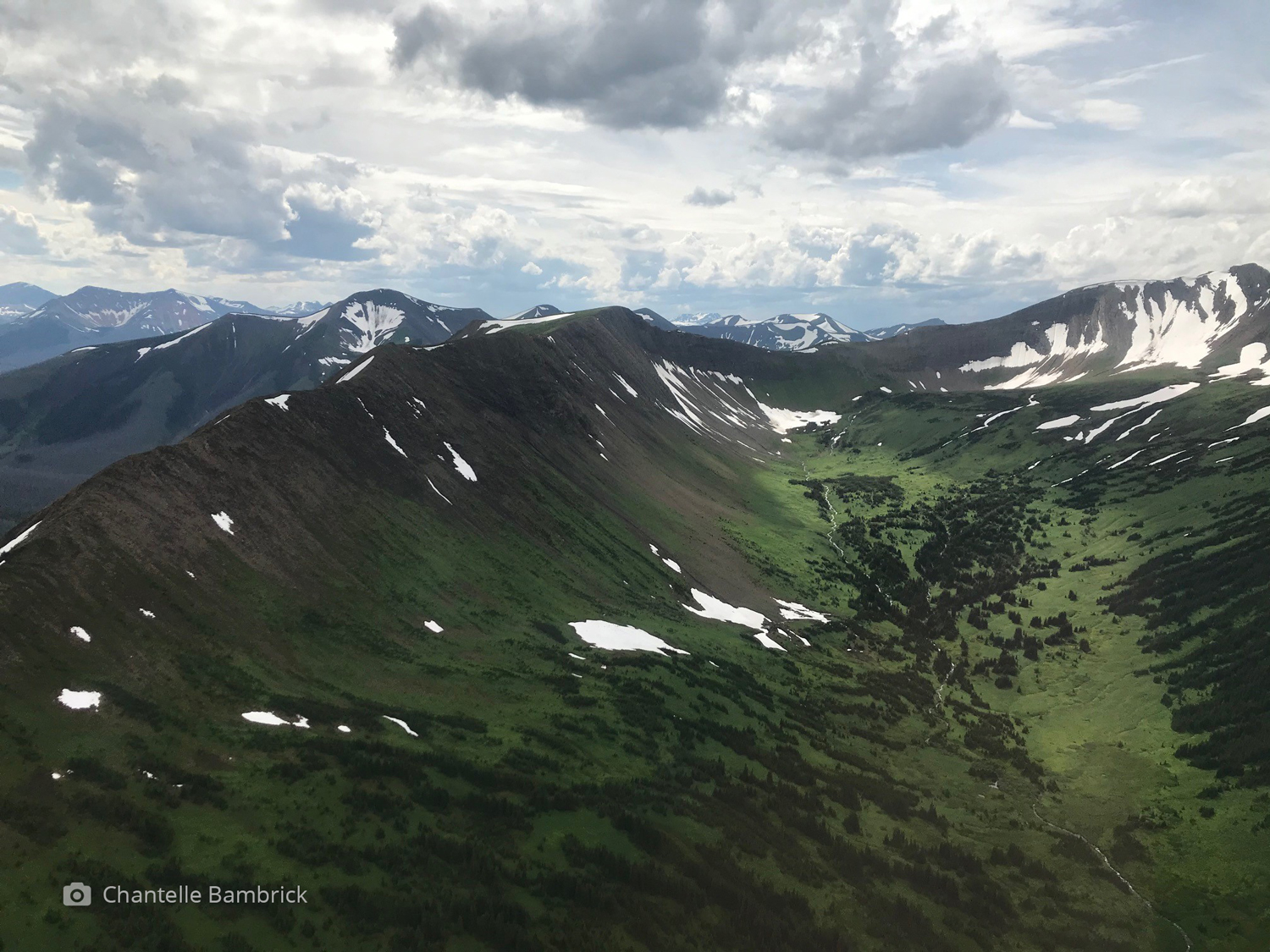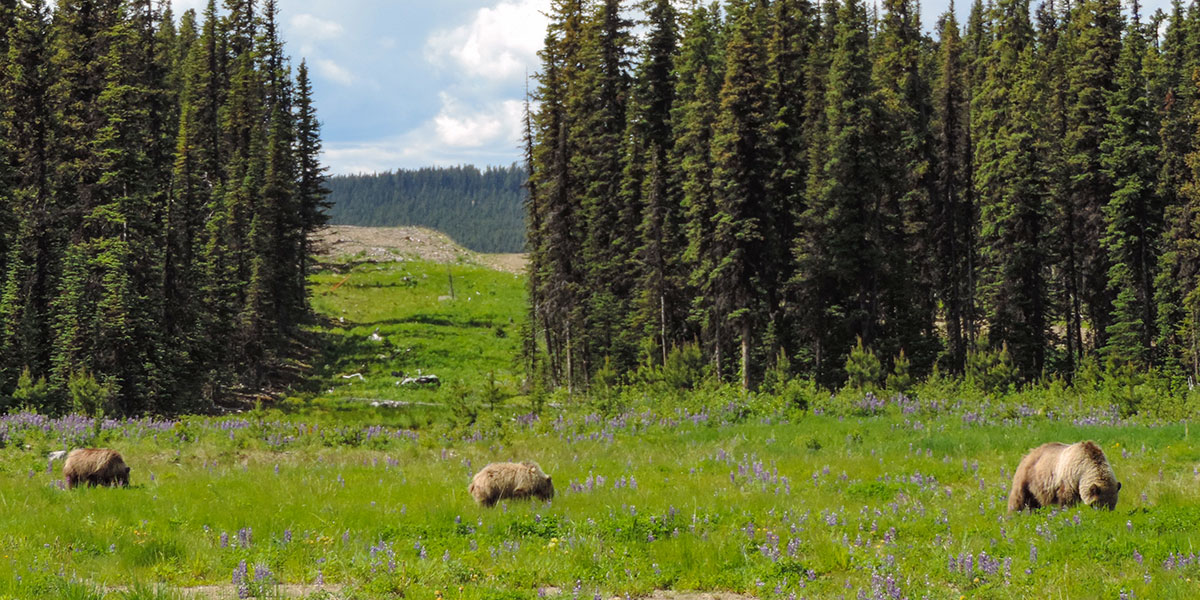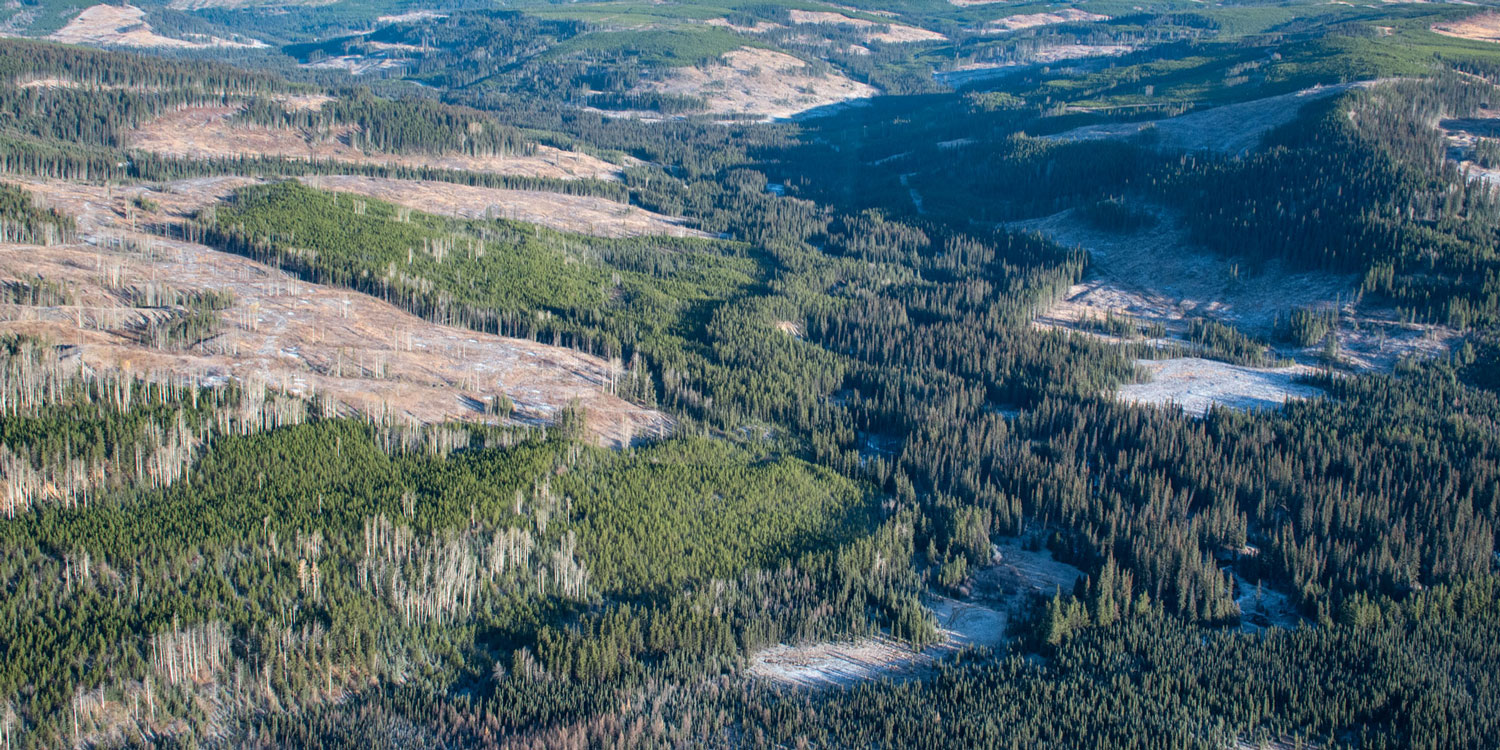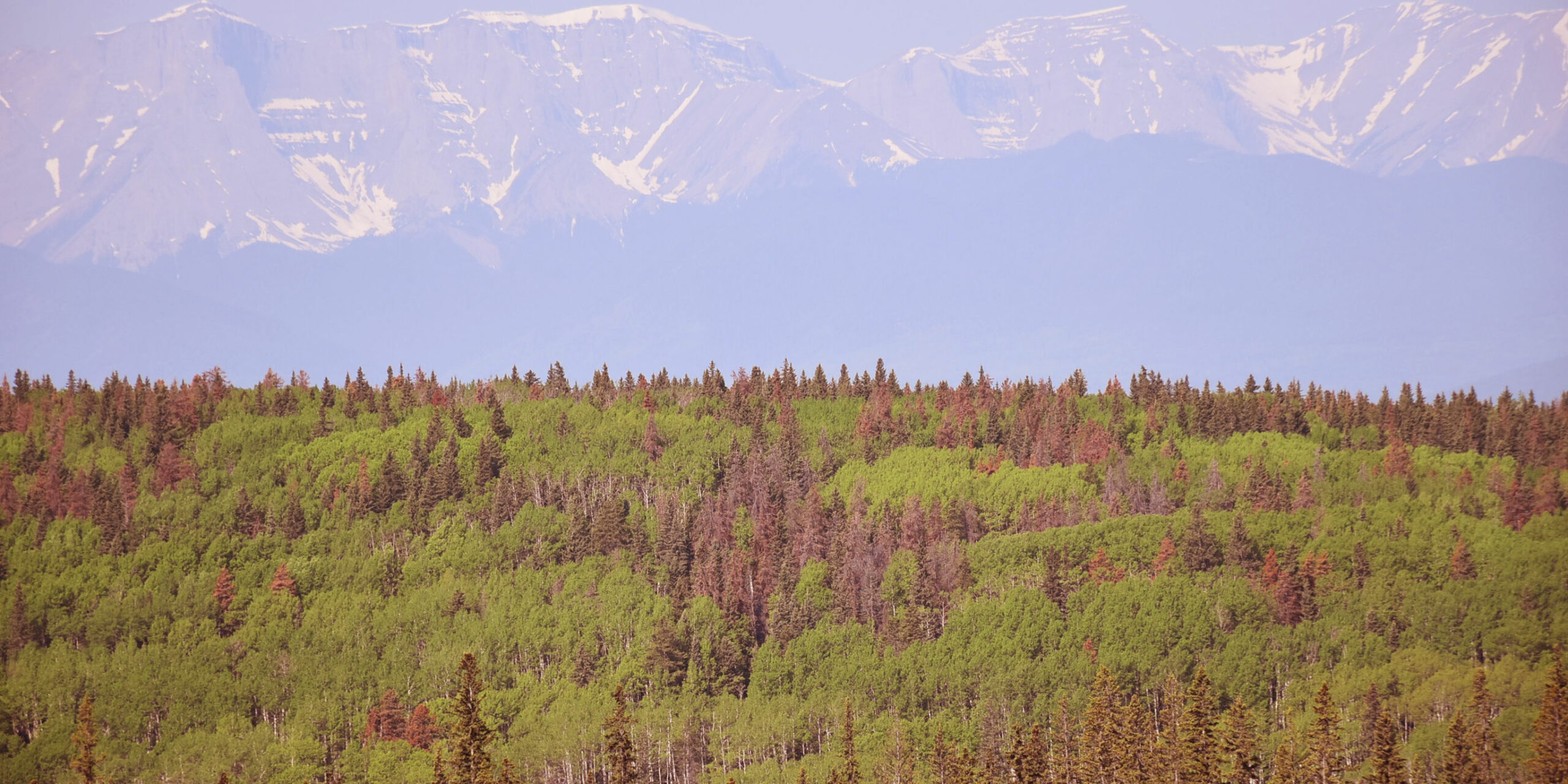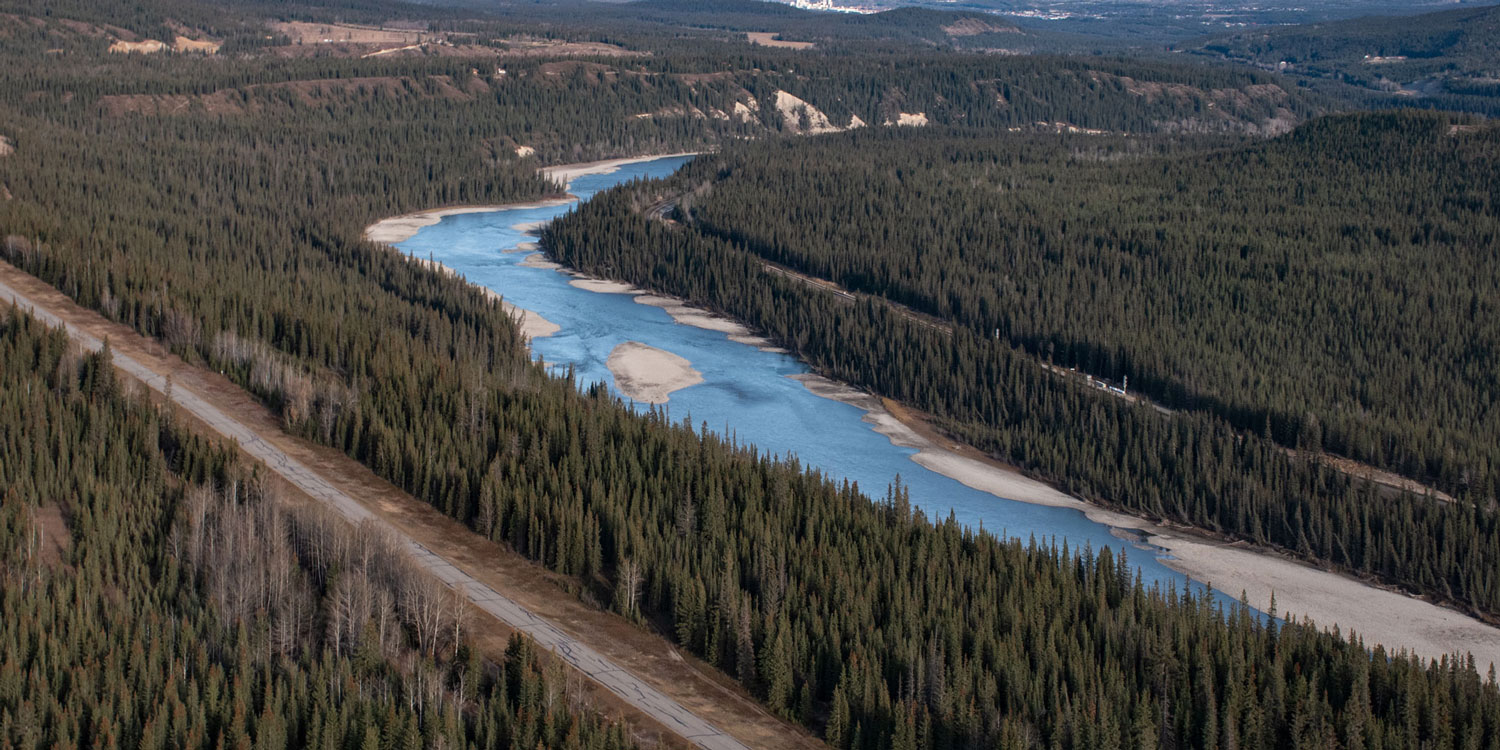
Abstract
The Forest Watershed & Riparian Disturbance Project (FORWARD) was initiated in 2001 to study hydrologic and water quality impacts and recovery following watershed disturbance in the Boreal Forest. Now in its third phase, FORWARD continues to assess long-term recovery following forest harvest and fire and has extended research to recovery of reclaimed oil sands mine sites. Numerical models developed in the first phases are now being applied to the determination of watershed load and contaminant fate from the mine sites. The development of reclaimed and engineered soils, the success of various vegetation complexes, and the risk of toxicity and impacts to bio-indicators are being compared to the findings from the decade of continuous data collected during FORWARD 1 & 2 that sets our expectations for watershed recovery. The previous results indicate that runoff coefficients were strongly correlated with disturbance intensity with recovery for many key indicators (e.g. nutrient loading) occurring over three to six years. In the case of harvesting, no detectable changes were observed below 50% harvest intensity, and wetlands played a crucial role in mitigating hydrologic and water quality impacts obscuring the role of riparian buffers in this same function. The data collected by the FORWARD Project has been used to improve forest management practices and improve SWAT runoff modeling in the boreal forest, which can be used in forest management planning. Specific results from the first phase of FORWARD are outlined in this summary.
Read the full article here.
Citation
The Forestry Chronicle, 2016, 92(1): 29-31, 10.5558/tfc2016-009


